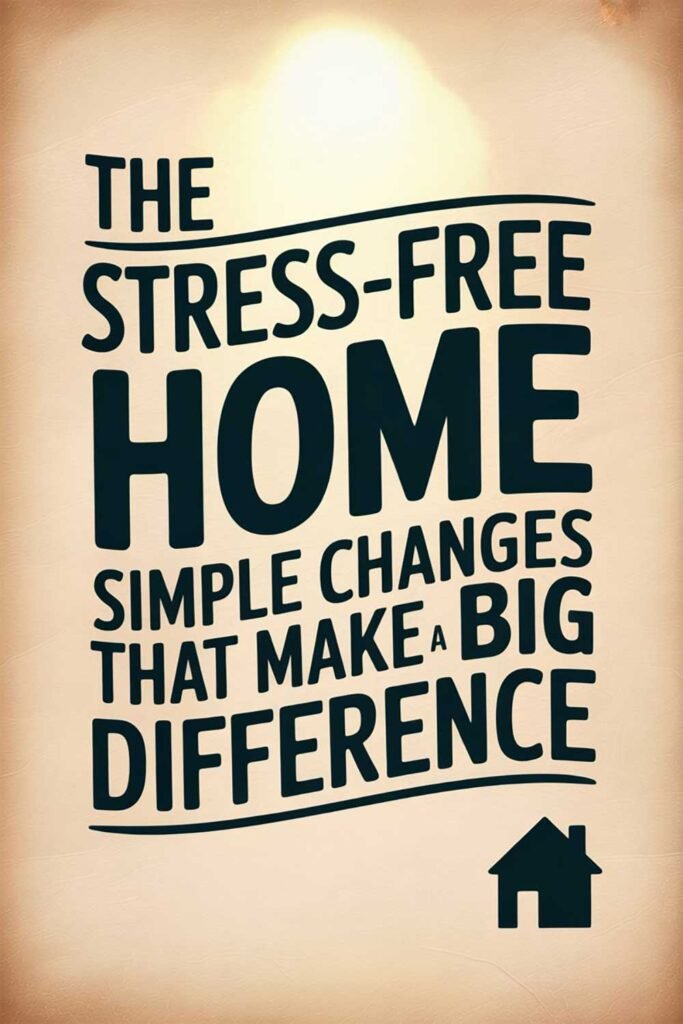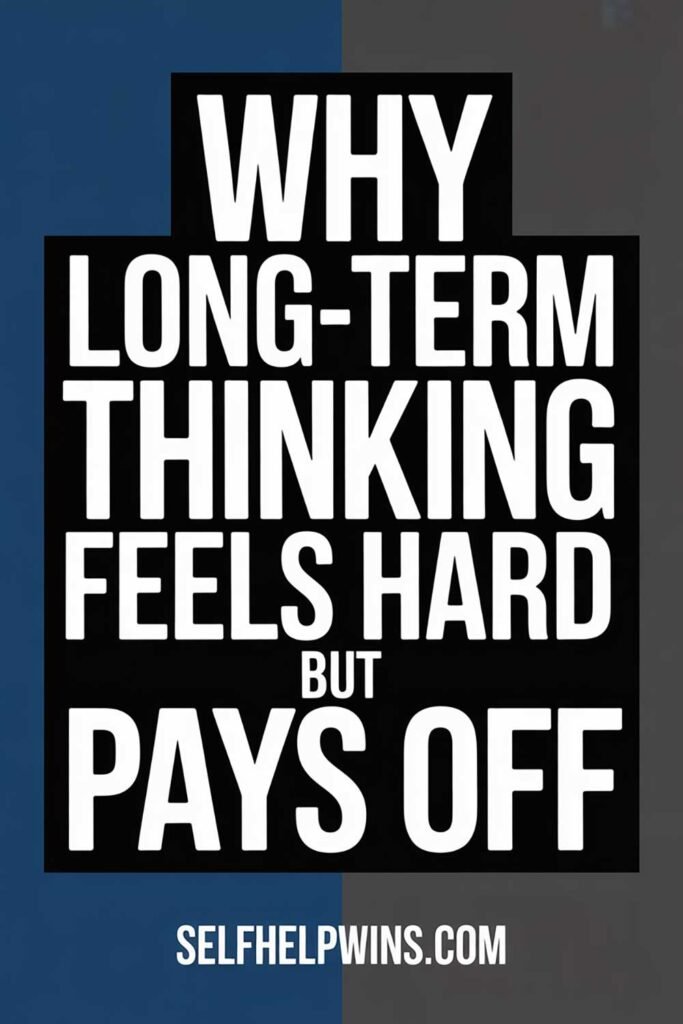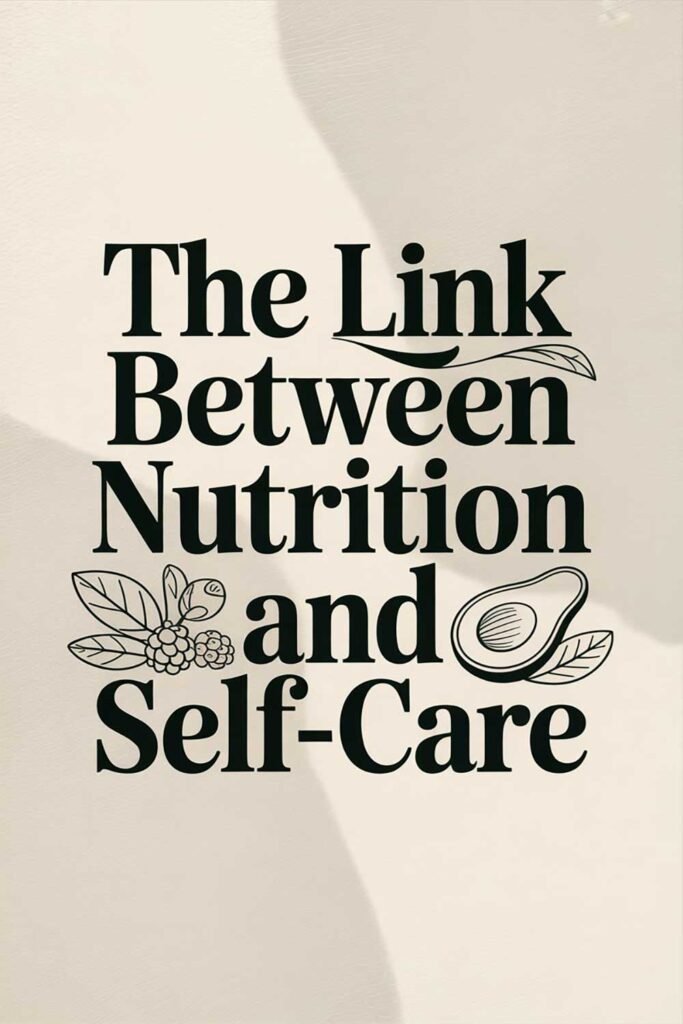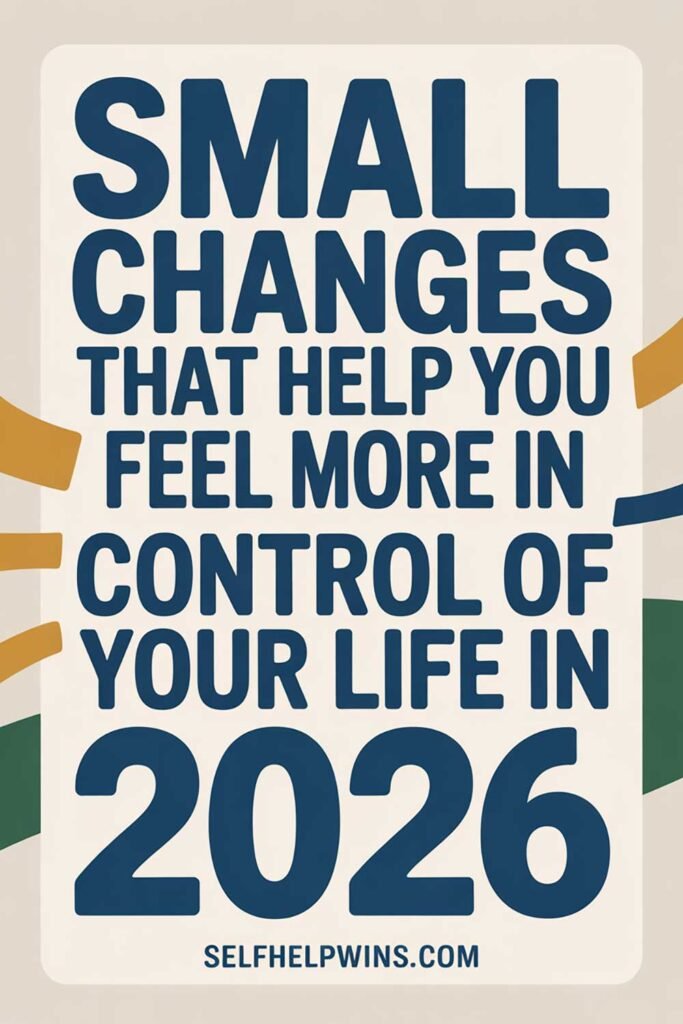The Science Behind Good Habits and How They Rewire Your Brain
Habits aren’t just routines; they are brain-based patterns that shape your identity, decisions, and outcomes. Whether it’s waking up early, meditating, eating healthy, or journaling — consistent good habits don’t just improve your day. They physically rewire your brain.
Thanks to neuroscience, we now understand how habits are formed, how they become automatic, and how they can actually change the structure and function of your brain over time.
In this article, we’ll explore the science behind good habits, how they shape your neural pathways, and how you can use this knowledge to build habits that last a lifetime. Plus, you’ll find real-life examples, quotes, and simple action steps you can start applying today.

What Happens in the Brain When You Build a Habit?
The process of habit formation involves three core steps known as the habit loop:
- Cue – A trigger or signal.
- Routine – The behavior or action.
- Reward – The benefit that reinforces the behavior.
When you repeat a behavior, your brain creates a neural pathway. The more often the pathway is activated, the stronger it becomes, eventually turning into an automatic response.
This happens in a part of your brain called the basal ganglia, which is responsible for motor control, procedural learning, and yes — habit formation.
Neuroplasticity: How Habits Rewire the Brain
Neuroplasticity is your brain’s ability to reorganize itself by forming new neural connections. It means you are not stuck with the habits you currently have. Your brain can change — and it does, every day.
Example: Sarah, who struggled with anxiety, committed to a 5-minute daily mindfulness practice. Over time, she noticed a calmer response to stress. Brain scans in similar mindfulness studies show a thickening of the prefrontal cortex (responsible for decision-making) and a shrinking of the amygdala (the fear center).
Action Tip: Repetition is the key to rewiring. Pick one good habit and practice it daily, even for just a few minutes.
The Power of Identity-Based Habits
Instead of focusing solely on goals (e.g., lose weight), focus on the identity you want to build (e.g., become a healthy person).
When you act in alignment with your desired identity, your brain begins to adopt that identity as truth.
Example: Alex wanted to write a book. Instead of just setting a word count goal, he told himself, “I am a writer.” Writing every day reinforced that identity until it became natural.
Action Tip: Say it aloud: “I am the kind of person who [habit].” Then prove it to your brain with small consistent actions.
Habit Stacking and Brain Associations
Pairing a new habit with an existing one helps the brain associate the two, creating stronger connections.
Example: Emma wanted to start flossing regularly. She decided to floss immediately after brushing her teeth. The existing habit acted as a cue for the new one, and within weeks it became automatic.
Action Tip: Use the formula: “After I [current habit], I will [new habit].”
Dopamine: The Brain’s Reward Chemical
Every time you complete a task, especially one that aligns with your goals, your brain releases dopamine, the feel-good neurotransmitter. This is your brain’s way of reinforcing behaviors.
Example: Marcus, who used to dread working out, started rewarding himself with a favorite podcast only during gym time. He began associating workouts with pleasure instead of dread.
Action Tip: Find ways to make your habits enjoyable or rewarding.
Willpower vs. Environment
Your brain has a limited supply of willpower. But designing your environment for success reduces the need for willpower altogether.
Example: Renee wanted to drink more water. She placed a bottle on her desk every night. The visual cue reminded her without needing willpower.
Action Tip: Make good habits obvious. Hide distractions. Create a space where your brain can thrive.
Real-Life Brain Rewiring in Action
Story 1: Brandon was addicted to doom-scrolling before bed. He replaced it with a gratitude journaling habit. Within two weeks, he reported better sleep, more positive dreams, and calmer mornings.
Story 2: Michelle, an executive, used to feel burnt out and reactive. She added a five-minute breathing practice after lunch. Over time, she became more responsive and less stressed, with coworkers noticing the shift.
Story 3: Isaac started each morning with a cold shower and affirmations. He says it rewired his brain from negativity to confidence in just one month.
Habits and the Brain: Key Takeaways
- Repetition strengthens neural pathways.
- Dopamine rewards reinforce habits.
- Your identity shapes behavior, and behavior shapes identity.
- Habits are easier to build when paired with existing routines.
- Environment can override willpower.
20 Quotes on Habits and the Brain
- “Neurons that fire together wire together.” – Donald Hebb
- “The chains of habit are too weak to be felt until they are too strong to be broken.” – Samuel Johnson
- “Excellence is not an act, but a habit.” – Aristotle
- “The brain is shaped by the mind, especially through repeated attention and action.” – Daniel J. Siegel
- “Motivation gets you going, but habit keeps you growing.” – John C. Maxwell
- “Good habits formed at youth make all the difference.” – Aristotle
- “Repetition is the mother of learning and the father of action, which makes it the architect of accomplishment.” – Zig Ziglar
- “Your habits are modern-day spells that determine your reality.” – Brianna Wiest
- “When you change your habits, you literally change your brain.” – Dr. Joe Dispenza
- “Success is the product of daily habits, not once-in-a-lifetime transformations.” – James Clear
- “Small habits, when repeated consistently, transform into massive results.” – Robin Sharma
- “The mind is everything. What you think you become.” – Buddha
- “Habits change into character.” – Ovid
- “Your brain is constantly rewiring itself. Give it good instructions.” – Unknown
- “We are what we repeatedly do.” – Will Durant
- “Our habits will either make us or break us.” – Sean Covey
- “Your brain loves efficiency. Habits are your shortcut to consistent performance.” – Unknown
- “Energy flows where attention goes.” – Tony Robbins
- “Every action you take is a vote for the type of person you wish to become.” – James Clear
- “Neuroplasticity means you’re never stuck with the brain you have.” – Dr. Lara Boyd
🌟 Picture This
Imagine your brain as a vast forest, full of paths. Every time you repeat a positive habit, you carve out a new trail. At first, it’s hard to walk. But with each step, the path becomes clearer and easier to follow. Soon, that new path is so well-traveled that it becomes automatic. You’re no longer forcing good habits. They become your default. Your brain, once wired by old patterns, is now shaped by purpose, clarity, and confidence.
What new trail will you start forging today?
🙏 Please Share This Article
If this article helped you understand how powerful your habits truly are, please share it with a friend or on social media. You might just inspire someone to rewire their life.
⚠️ Disclaimer
This article is for informational purposes only and reflects personal experiences and publicly available research. It does not constitute medical or psychological advice. Always consult a licensed professional for personalized guidance.






